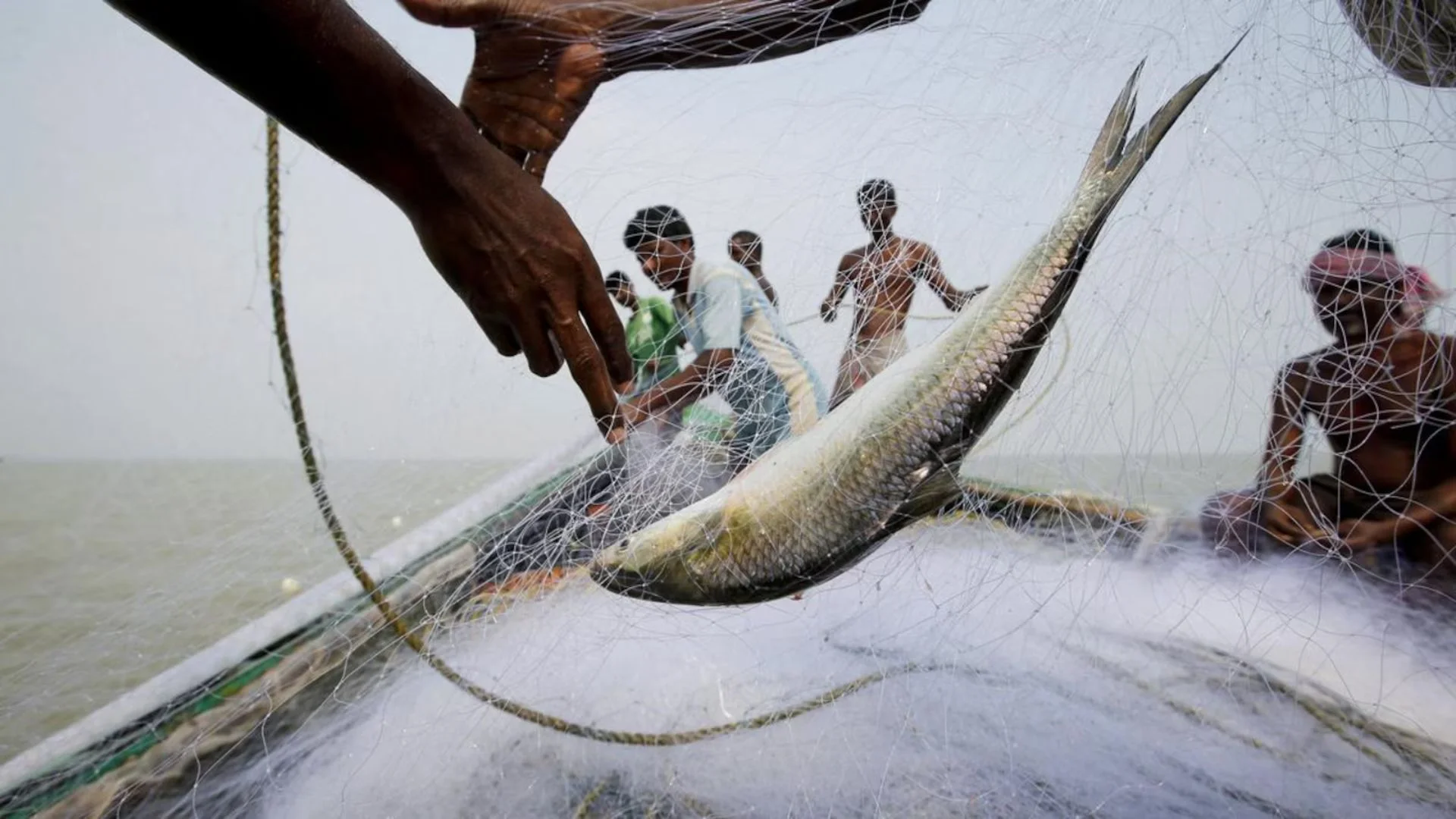
As West Bengal gears up for its biggest festival, Durga Puja, residents may face a shortage of hilsa, a fish deeply cherished by Bengalis. The scarcity is due to Bangladesh, the world’s largest hilsa producer, intensifying its crackdown on the fish’s transportation to India. This move reinforces a long-standing ban on hilsa exports, just a month after a new government took office in Dhaka.
Farida Akhter, adviser to Bangladesh’s Ministry of Fisheries and Livestock, stated the renewed effort is intended to ensure hilsa remains accessible to Bangladeshi consumers. “A lot of fish is still going from Bangladesh to India despite the ban. This time, we will not allow hilsa to cross the border,” she said.
This stance marks a significant departure from former Prime Minister Sheikh Hasina’s “hilsa diplomacy.” During her tenure, Hasina often allowed hilsa consignments to be sent to India during the festival season, as a gesture of goodwill. However, the new interim government is prioritizing domestic consumption over diplomatic gestures. “We should not do anything by depriving our people,” Akhter emphasized.
Hasina, who was removed from office on August 5 after widespread protests, had previously used hilsa as a diplomatic tool, even gifting it to Indian leaders in hopes of resolving a long-standing water dispute. However, her removal has complicated India’s relationship with the new government in Dhaka, making it unlikely that the export ban will be lifted.
Bangladesh is the leading producer of hilsa, a species related to herring that is abundant in the Bay of Bengal and rivers. The fish accounts for about 12% of the country’s total fish production and contributes around 1% to its GDP. In previous years, Bangladesh permitted the export of 3,000-5,000 tonnes of hilsa annually during Durga Puja. However, this year, the government has decided to completely halt exports due to the scarcity of fish in the country.
Despite the export ban, hilsa prices have surged in Bangladesh’s local markets. Traders report that a 1.5kg hilsa is now selling for around 1,800 taka ($15), with smaller sizes also seeing price hikes. Fishermen attribute the price increase to poor catches, exacerbated by rough weather conditions that have hindered fishing trips.
Hilsa holds an almost sacred status among Bengalis on both sides of the border, celebrated for its versatility in culinary preparations. The fish is often steamed with mustard paste or fried with spices, with its delicate flavor and bony texture making it a favorite in Bengali cuisine. The anticipated shortage during Durga Puja, when the demand for hilsa peaks, will be a significant disappointment for many.
Renowned Bengali-American food historian Chitrita Banerji has praised hilsa as an icon of Bengali food, highlighting its physical beauty and exquisite flavor. The scarcity of this beloved fish during a crucial cultural festival will undoubtedly frustrate and sadden many in West Bengal.















